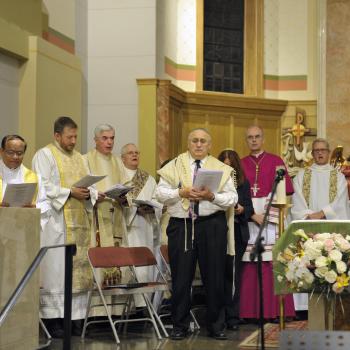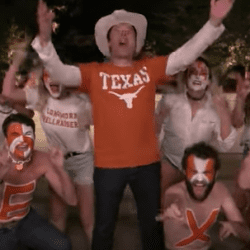If you’re praying for work, you have plenty of company — and religion can play a role in how people view government assistance, according to a new survey:
As the nation struggles with 9.1 percent unemployment and President Barack Obama pushes a $447 billion job creation bill, a new survey shows that religion plays a significant role in how Americans view possible solutions to the country’s economic woes.
The Baylor University study, which was presented at a Religion Newswriters Association conference in North Carolina over the weekend and publicly released Tuesday, found that Americans who believe God has a plan for their lives are more likely to think the government “does too much,” more likely to oppose unemployment benefits for healthy people and more likely to believe in the “American dream” that anything is possible for those who work hard.
“These are unsettling times. In the last three years, Americans have experienced the financial and real estate crisis, recession, unemployment,” said F. Carson Mencken, director of the Baylor Religion Survey and a professor of sociology.
“The mission of this analysis is to assess how Americans feel about their lives in these tumultuous times. Do they still believe in the American dream? Do they feel they have control over their lives?” he explained.
Of the 1,714 Americans nationwide surveyed by the Waco, Texas-based Baptist university, 40.9 percent said they “strongly agree” that “God has a plan for me,” while 32.2 percent “agree,” 12.3 percent “disagree” and 14.6 percent “strongly disagree.” Those who strongly agree that God has a plan were more than twice as likely as those who strongly disagree that God has a plan to say that “the government does too much” — 52.6 percent to 21 percent.
Similarly, the strong believers in God’s plan were more than twice as likely as the strong disbelievers to say that healthy people should not receive unemployment benefits — 52.6 percent to 21.1 percent.
Generally, “people who believe in government deregulation believe in God’s plan,” said Baylor researcher Paul Froese. “Economic perspectives are intricately linked with different cosmologies.”











